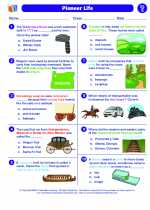Pioneer Life
Pioneer life refers to the lifestyle of the early settlers in a new and undeveloped territory. The pioneers were responsible for establishing communities, building homes, and cultivating the land. They faced numerous challenges and hardships, but their resilience and determination played a crucial role in shaping the history of the United States.
Key Concepts
- Westward Expansion: The movement of settlers and pioneers into the western regions of the United States, often in search of new opportunities and land for farming.
- Homesteading: The process of claiming and cultivating a piece of land, typically provided by the government, for agricultural purposes.
- Survival Skills: Pioneers had to develop a range of skills to survive in the wilderness, including hunting, farming, building shelter, and resource management.
- Community Building: Pioneers worked together to establish communities, often building schools, churches, and other essential infrastructure.
- Challenges: Pioneers faced harsh environmental conditions, conflicts with Native American tribes, and isolation from established settlements.
Study Guide
1. Why did pioneers move westward?
Pioneers moved westward in search of new opportunities, including fertile land for farming, economic prospects, and the promise of a better life for themselves and their families.
2. What was the process of homesteading?
Homesteading involved claiming a piece of land, often provided by the government through the Homestead Act, and then cultivating it for agricultural purposes. This required hard work, determination, and the ability to adapt to the challenges of frontier life.
3. What challenges did pioneers face in their daily lives?
Pioneers faced numerous challenges, including harsh environmental conditions, limited access to resources, conflicts with Native American tribes, and the need to develop a wide range of survival skills to thrive in the wilderness.
4. How did pioneers contribute to the development of communities in the frontier?
Pioneers played a vital role in establishing communities in the frontier by building homes, schools, churches, and other essential infrastructure. They worked together to create a sense of belonging and support in the face of the challenges they encountered.
5. What impact did pioneer life have on the history of the United States?
Pioneer life played a significant role in the westward expansion of the United States and the development of the nation as a whole. The resilience and determination of the pioneers helped shape the cultural, economic, and social landscape of the country.
.◂Social Studies Worksheets and Study Guides Fifth Grade. Pioneer Life
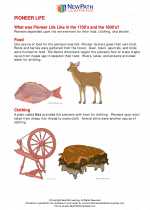
 Worksheet/Answer key
Worksheet/Answer key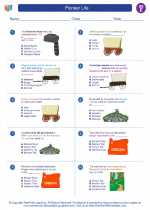
 Worksheet/Answer key
Worksheet/Answer key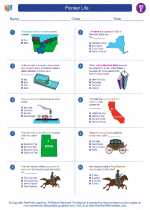
 Worksheet/Answer key
Worksheet/Answer key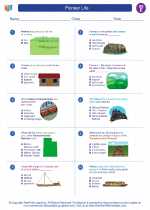
 Worksheet/Answer key
Worksheet/Answer key
 Worksheet/Answer key
Worksheet/Answer key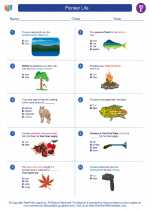
 Worksheet/Answer key
Worksheet/Answer key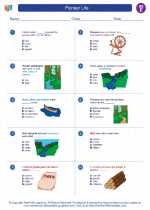
 Worksheet/Answer key
Worksheet/Answer key